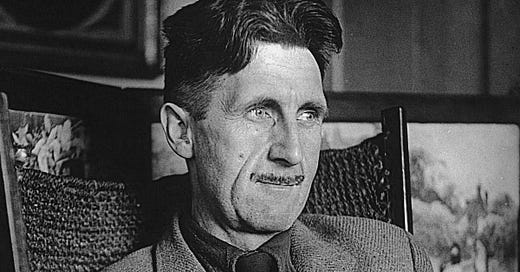
Write Better By Editing Later
If you’re reading this, you’re likely here to improve as a writer. If you’re looking to improve as a writer, it’s likely you write. Maybe you write for a living, maybe just as a hobby. Either way, if you write, it’s likely that you also edit.
Editing is necessary for good writing. Editing keeps sentences from being too long or too short; it prevents misspelled words and misused metaphors.
If you write, you must also edit.
Most people know this, as we can’t all expect ourselves to create perfect paragraphs and articles on our very first attempt. You may be thinking, “Editing is of course part of writing well. That’s obvious. When can I learn how to write better?”
Good question. There is one nuance to writing and editing which can have an immediate impact on how and what you write:
Write first. Edit later. Don’t do both simultaneously.
This seems self-evident at first, but too often people will labor and stress over their sentence construction and diction before they’ve even finished piecing something together. Good writing is hard to produce. It’s clear, concise, and communicates meaning to the reader. Simple to say but difficult in practice.
Editing is what makes our writing clear and concise. But this can’t happen until after we’ve spilled all our thoughts and ideas onto paper. Editing during the actual writing process slows us down and distracts us from telling the story and communicating our message.
Instead of telling the best story we can possibly conjure up, our mindset is bogged down by an impulse to play the role of grammar police. We attempt to make changes to our incomplete writing as we go along. Why would we try to organize and rearrange something that we don’t even have all the pieces to yet?
When you sit down to write, ignore the nudge of your inner grammar police. Just focus on saying what you have to say. Tell your story. Lay out your facts and conflicts and characters. Communicate your meaning in full before beginning any other process.
Writers have stories and ideas trapped inside their heads, all of them awaiting to reveal themselves through pens and keyboards. Our job as writers is to give these stories the opportunity to shine through into the world, out of our minds.
This process, in itself, is difficult and laborious. It can be slow to hash out all our ideas and articulate ourselves. Trying to intertwine editing into this already-challenging process of writing only slows things down more. When we edit while we write, the story haults and jumps and backtracks. Words are rearranged before we have a change to hear and taste them.
Even if we focus on saying everything that we need to say, we still leave things out. Throw in an ongoing editing process and even more things are omitted. Only once all the phrases are released onto paper can they be edited. Writing should happen first and as a standalone endeavor. Editing comes later. If not, both our writing and editing diminishes in quality and meaning is lost.
Focus on telling the story. Period. That’s it. What is more important for a writer than communicating meaning? Editing plays a key role, but it’s place in the timeline is separate from the initial writing process. Everything you want and need to say should be said before you even think about deleting or rephrasing things.
The Editing Process
Editing should begin only after all your thoughts, feelings, ideas, and biases are sprawled across your paper. Once you have nothing more to say, then you can start revising and hacking away at your words.
Edit your work to illuminate the meaning of your words. Everyone’s first draft is but a shadow of what it could potentially become. Editing is what brings out potential. Rough edges are smoothed out and rounded into something worth sharing. Hack away at your sentences and paragraphs. Delete things that aren’t necessary.
What exactly is necessary? Words and phrases that communicate meaning.Fluff can be done away with. Cut out extra adjectives and adverbs. If something makes your writing less clear, take it out. Editing after the entire writing process is important because you can don your editor’s cap, which is far different than a writer’s cap. An editor looks to take away and refine; a writer looks to create and scaffold.
Do you see how these two processes are antithetical? The goal is the same: produce the best quality writing possible. But the means are different. Addition versus subtraction.
Write when you are writing. Don’t edit while you are writing. Conflicting perspectives clash; progress slows down.
Write first. Edit later. Don’t do both simultaneously.









